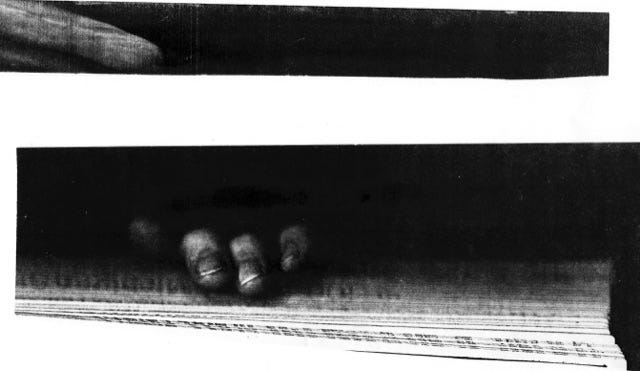Runs Through It
Suicide not only runs “in” families, it runs through them.
Suicide not only runs “in” families, it runs through them.
— Laura Miller
The reasons for suicide are always distracting. But the reasons don’t seem to predict who is going to go through with it, versus who is only taking you to the brink.
A tragedy can befall upon three different people: one who insists on moving forward, another who will snuff themselves out, and yet another who will threaten death so convincingly that others don’t know the difference anymore.
The first time I heard the phrase, “suicidal gesture,” I was outraged. What do you mean, gesture? I believed each one, every time!
My mom set the suicide clock in motion so frequently that by the time I hit puberty, I wanted her to get it over with. I knew it was probably my fault . . . she’d cried that aloud. So be it. Call the devil, save my seat, let the deed be done— at least the suspense would be over.
I fantasized, a thousand times, the quiet of sitting in our apartment, an apartment we’d inevitably just moved into, after h…



